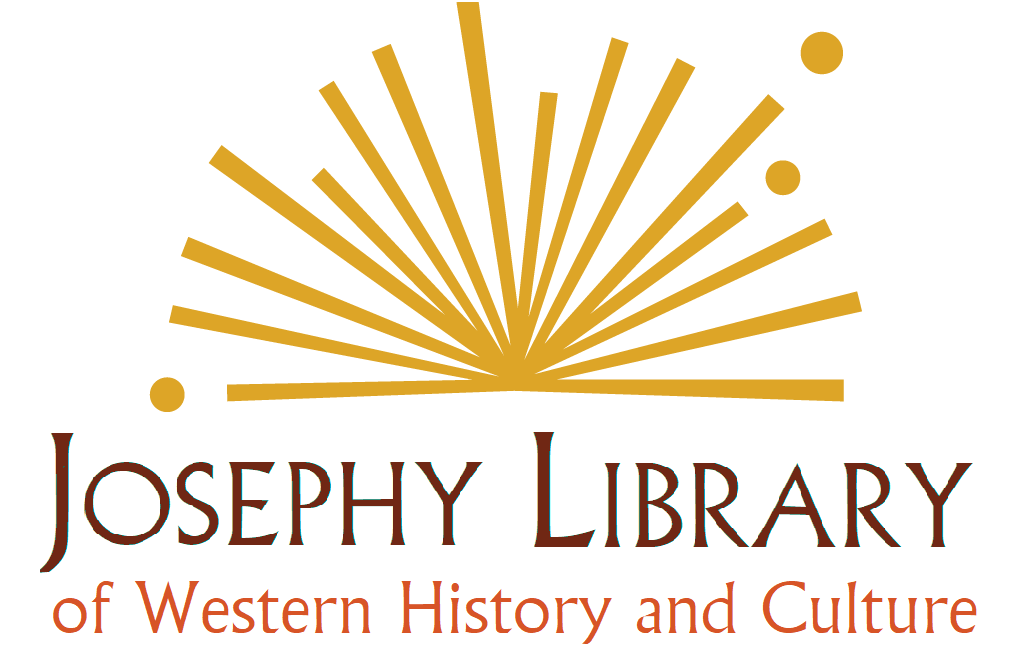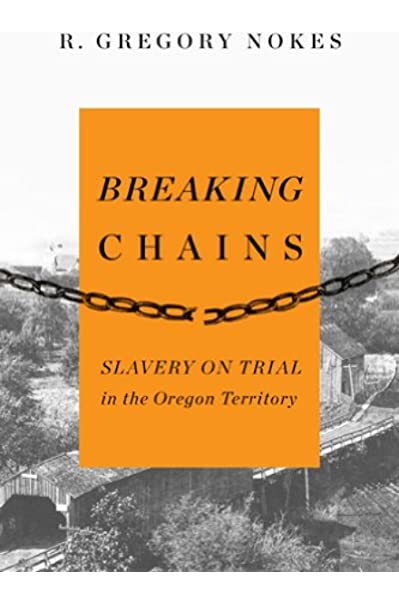Greg Nokes ends his 2013 book, Breaking Chains: Slavery on Trial in the Oregon Territory, with a quote from Alvin Josephy’s essay, “The Forked Tongue in U.S. History Books.” Alvin wrote it in the early 1970s, coming out of a conference at Stanford University examining California textbooks:
“The writing of history, done by the white intruders, conquerors and dispossessors, has been self-serving from the start—meeting the needs, generation after generation, of the people who were pouring in from Europe, first erecting colonies and then building a new nation. Little attempt was made to understand—and much less explain—the different and unfamiliar Indian cultures against which the newcomers rubbed. Because they were different, they were deemed inferior and dangerous.”
Nokes remarks that while Josephy was addressing treatment of Indians, the same could “apply to African Americans and other minorities.” And indeed, his book is case after case of a dark history that has been “left out” of the standard versions of Oregon history. Indians get wrapped into the narrative from time to time, as early colonizers’ racism extended beyond the few slaves and free Blacks who found themselves in the Oregon Territory (most brought here by slave owners). Before statehood, the 1853-54 territorial legislature voted to deny Native Americans as well as African American the right to testify against Whites.
Nokes does not elaborate on the many unsuccessful attempts to move all the Indians west of the Cascades to the east—Indians did not want to move, and eastern tribes did not want them to come. Nevertheless, Indians were treatied and shuffled around the Willamette Valley, their lands constantly diminished, as it filled with settlers, many from slave or contested states. And those people who arrived with slaves—or who saw the value of slave labor as farming was developed; or who just thought that the country was better for not having the slavery dilemma on its territorial plate; or who genuinely thought Blacks should be treated justly but in some other place—led a fight over slavery and Black exclusion that carried through to statehood. The resolution was a constitution that outlawed slavery—and made it illegal for African Americans to move into the territory—and then the state. The new state did ratify the 13thamendment outlawing slavery, and the 14th, extending citizenship and protection under the law to African Americans. However, it subsequently “de-ratified” the 14th, imposed a $5 poll tax upon “each and every negro, Chinaman, Kanaka [Hawaiian] and mulatto,” and enacted legislation outlawing the marriage between whites and people of color. The exclusion clause was not removed from the constitution until a 1926 popular vote, and in 1973, the Oregon Legislature “re-ratified” the fourteenth amendment—an exercise led by a black legislator meant to educate all Oregonians about our past.
The book is a blow-by-blow account, with heroes, villains, and many who straddled moral principles—this time embracing dignity and worth of all humans, the next time finding reason to restrict the rights of some. It is America on the small stage, a country built on dispossession and the labor of imported slaves, with lonely voices objecting, and a general public that sometimes—but not without gut-wrenching trauma and a Civil War—rises to demonstrate a better nature.
Does it matter? Yes, Greg Nokes would say. It is important to realize that Oregon and the Pacific Northwest were “very much a part of the national turmoil and debate over slavery… We had our own serious flirtation with the dark side of our nation’s history. We were part of the problem.”
And to anyone who pays attention to current events, the debate over color and who has what rights and who exerts political, social, and economic control continues to this very day.
Note: The Josephy Center Book Group is reading Breaking Chains in February, and will meet on zoom with the author on Tuesday, February 23, at noon. The books are available at the Center—and we will mail them—and at the Bookloft in Enterprise.
Join Zoom Meeting
https://us02web.zoom.us/j/85617978045?pwd=bUJwWE9jTnFXd0YyZitydFY0YVBzUT09
Meeting ID: 856 1797 8045
Passcode: 513188

